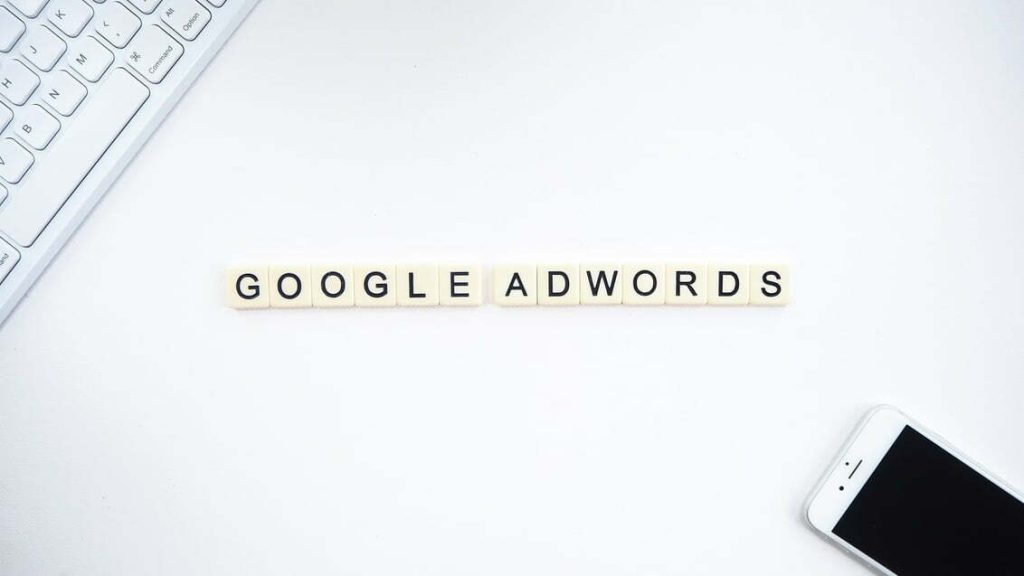Can you bid on trademarked keywords?
Anyone can bid on trademarked keywords. But there are restrictions attached to using these in the ad title and copy. There are three cases when you can include trademarked keywords in the ad title or copy: if it’s your trademark, you’re an official reseller of the trademark or an informational site. If none of these are true for you, you can bid on the trademarked keywords but you can’t include them in the ad title or copy.Here’s a further breakdown on what is and what isn’t allowed in practice.
What’s allowed:
- Bidding on brand keywords (whether yours or a competitor’s)
- Including a competitor’s brand name in the display URL of the ad
Example
Competitor bidding on brand name, ‘vuyani’, complying with the rules:What’s NOT allowed:
- Using a competitor’s trademarked terms in the ad title or ad copy
If you’re bidding on a competitor’s brand keywords and include this in the title and copy of your ad, this is classified as a trademark infringement. What does this mean? Using a competitor’s trademarked brand name or slogan in the copy or title of your ad is classified as claiming these branded keywords as your own, that is, you’re committing a trademark infringement. In this case your competitor has grounds for reporting you to Google. This is because of how the ad would appear in the SERPs – it looks as though the name and slogan belongs to you.
Important tip: if the keywords aren’t trademarked, Google are very unlikely to act on any reports or complaints related to PPC campaigns around them. Arrange the trademarks for your brand name and any slogans you’ve created.
Example
Competitor bidding on ‘burnhill kitchens’ and including trademark name in ad title, against the rules:
Exceptions
There are cases when certain site owners can use trademarked terms in the title and copy of their paid ads:- Resellers can use trademarks in the ad copy if the ad’s landing page is primarily dedicated to selling products or services corresponding to the trademark. The page must clearly facilitate the sale of the product and provide information such as price or rate for the product or service.
- Informational sites can use trademarks in the ad copy if the primary purpose of the ad’s landing page is to provide information about products or services corresponding to the trademark. As an example, review pages fall into this category.
Example
Big brands like Adidas and Nike often bid on their own trademarked terms precisely because they have resellers who are within their rights to include them in their ad copy. The big brands do this to help ensure that they remain at the top of the results for ‘Adidas’ and ‘Nike’ searches.Does any of this matter?
There are adverse effects when competitors use your trademark in their Google AdWords campaigns, including:- Decreased CTRs
- Increased CPCs for your ads
- Poor user experience for your customers
If they’re playing dirty:
- Trademark your name – without this, you have little to no leverage in any scenario. Google won’t investigate your cases.
- Tell Google – if you own your trademark and believe they’re committing trademark infringement, then report it to Google here.
What to do if it’s happening but it’s ‘legit’
If running a paid ads campaign:- Optimise your landing page – the quality and relevance of your ad landing page make a big difference in terms of your quality score (see below point).
- Improve your quality score – work on improving your landing page UX, CTRs and ad relevance related to any Adword activity. Your quality score affects how well your paid ad spend performs for you.
- Increase your budget for your brand’s keywords – this will help to guarantee you’re at the top. If it makes you feel better, brands like Tiffany and Asda (as well as Nike and Adidas) are also doing this.
- Ask them – sometimes it’s worth contacting the competitor directly, asking them to reduce their spend on your brand keywords. Encourage them to instead spend on related keywords. They might view you as a fellow human and do the decent thing or they might be fearful of being reported to Google if they don’t.
- Bid on their brand names – if you can’t beat them, join them. If your competitor continues to bid on your keywords, try to win over some of their customers too. You can also mention this in any communications with them (above point) but be wary of the Adword spend this could require! Only take this line if you have the budget to follow through with your threat.
- Improve your organic rankings – ranking organically is often far more powerful over the long run than ranking on paid search is. Every algorithm that Google develops strives to connect it’s users with the best possible organic results for any given search, which means the highest quality and the most relevant. This means that organic traffic typically has lower bounce rates and better CTRs than paid traffic. In addition, many users are becoming clued up on ads and a lot of users prefer to buy from a brand’s main site. They’ll spot when ads aren’t the correct domain and seek out your site. Invest in SEO to improve your site’s organic rankings and performance.




